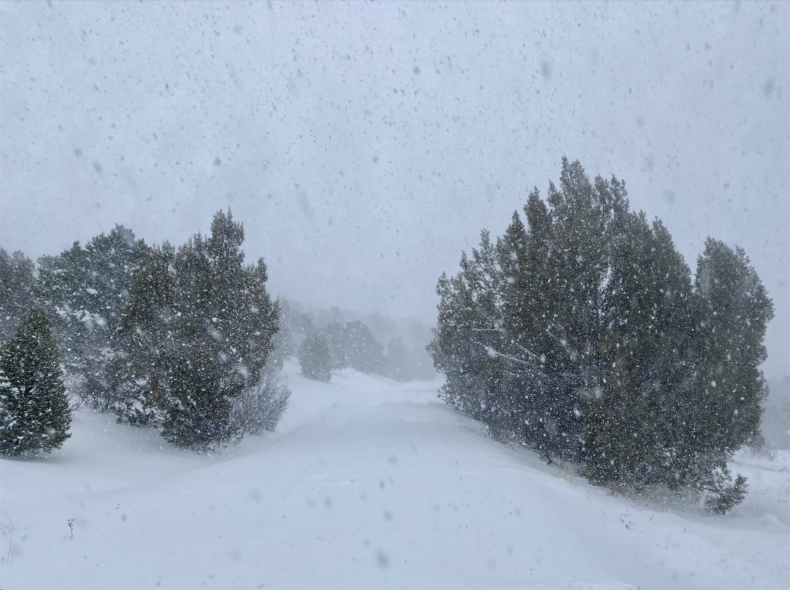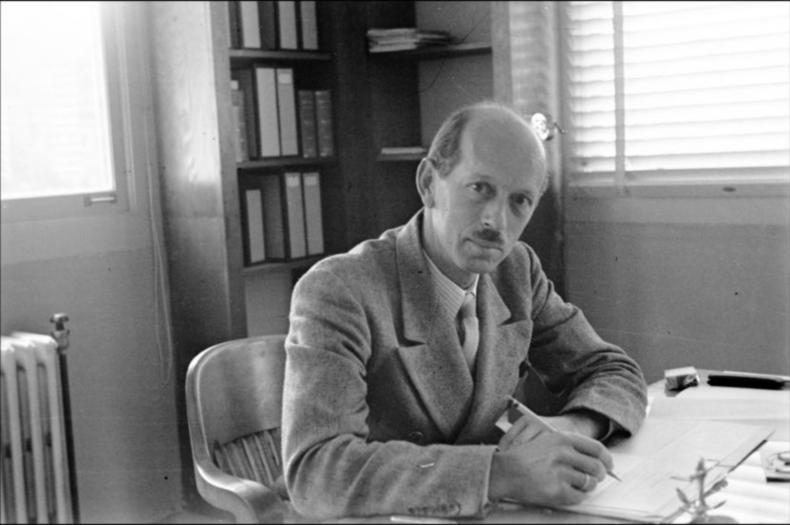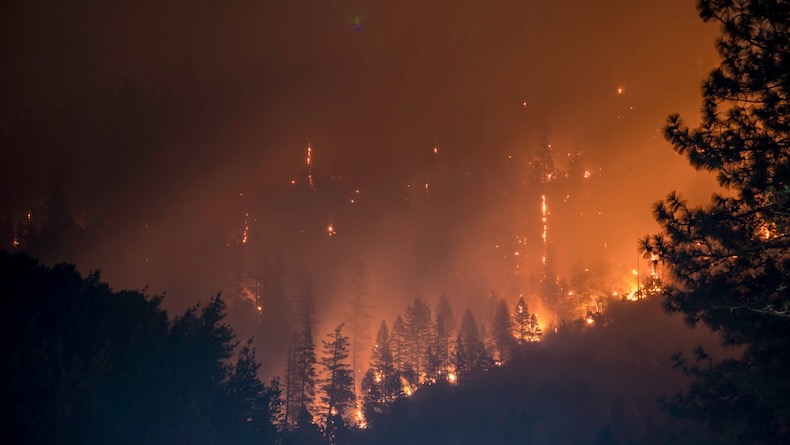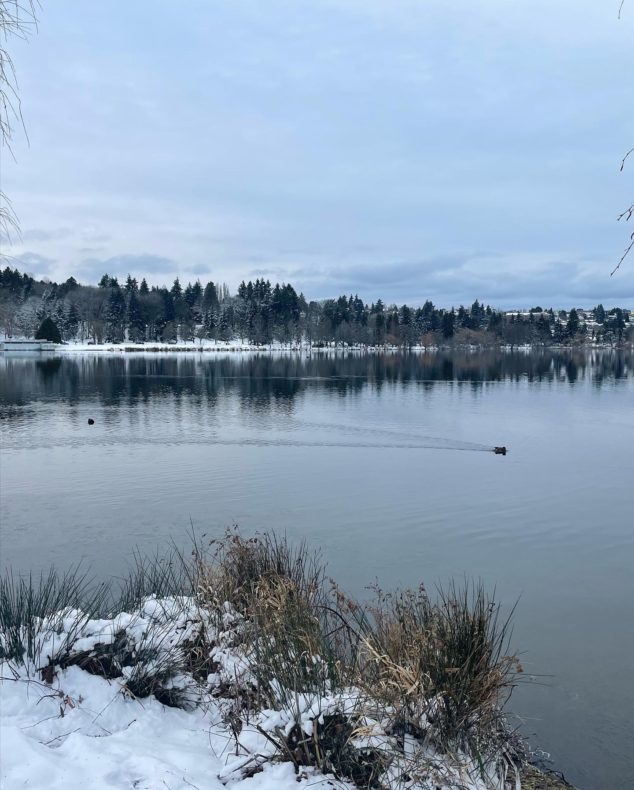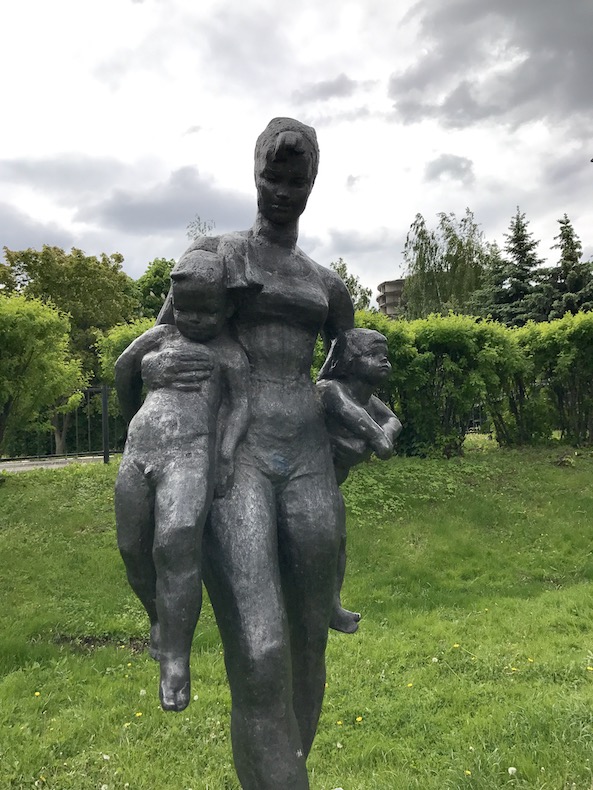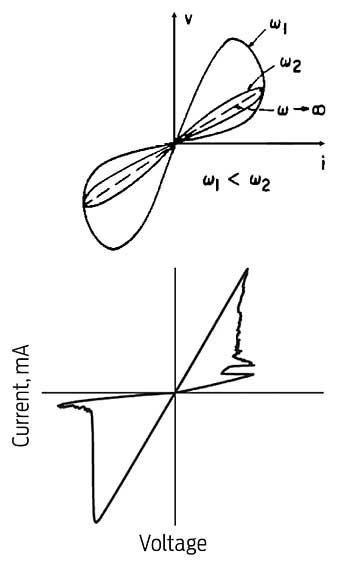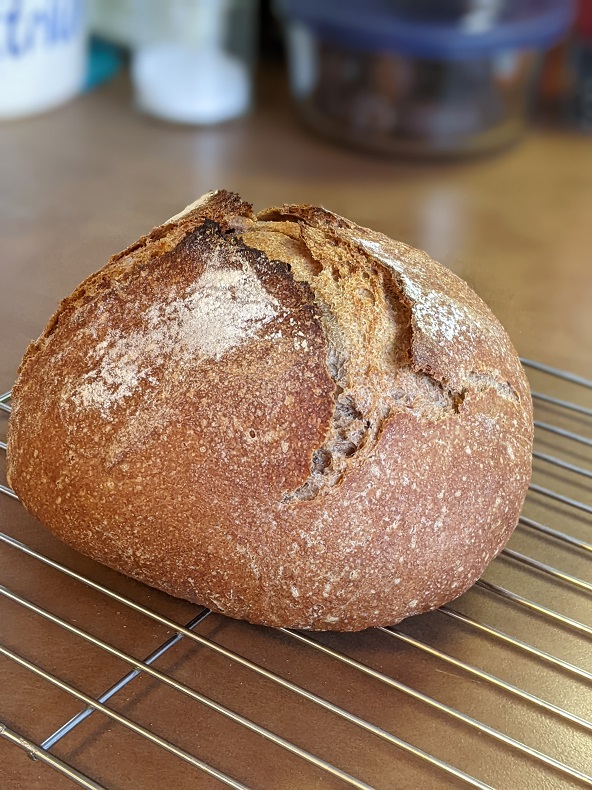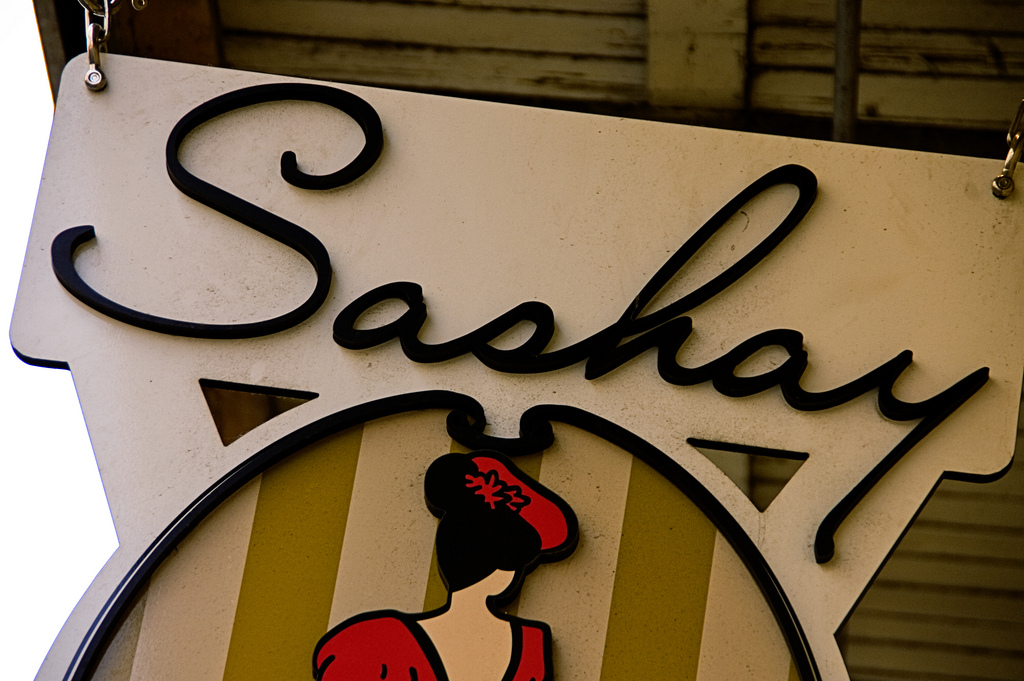
This post first ran on January 28, 2015, but I thought of it again recently while playing Wordle and finding that that day’s answer was “moist.”
Words are a writer’s currency, and we each have our favorites. The first word I remember falling in love with was onomatopoeia. It had a satisfying rhythm, plus there was the delight of discovering, oh — there’s a word for that.
That joy of discovery was exactly what I felt reading Lost in Translation, a delightful new book by Ella Frances Sanders, who draws illustrations to help explain “untranslatable word from around the world” like trepverter (Yiddish for the perfect retort that comes to you later, when it’s too late), iktsuarpok (Inuit for the act of repeatedly going outside to check if anyone’s coming), cotisuelto (Caribbean Spanish for a man who insists on leaving his shirt tails untucked) and tsundoku (Japanese for leaving unread a book you’ve bought, perhaps piling it on top of a stack of other books you haven’t read).
English also has no true equivalent to my own favorite foreign word: gemütlichkeit, a German term that connotes the kind of warm coziness you feel when gathered around a fire with your dearest friends, perhaps drinking Glühwein. It must exist in some language, but I’m still seeking a word to describe a dog’s joy while frolicking in fresh snow.
Many of my beloved English words are onomatopoeic ones like flicker, boing, ripple, riffraff, guffaw and clusterfuck. As a kid, my favorite part of art class was the smock. Not the thing itself, but the occasion to say the word aloud, repeatedly. Smock, smock, smock. I don’t know why I love it, but I do. I also love sassy and saucy and, especially, sashay. I could say that word all day.
Some friends of mine live on Twining Flats Road, a name as close to perfect as I can imagine for their little valley path. Speaking of paths, I like meander and lollygag and serendipity too. Maybe it’s my affinity for dancing, but I also love the words funk, groove, twist, skip and twirl.
Chuckle is another favorite word. It so perfectly embodies the act that it describes — that deep, unconscious laugh performed almost under your breath and mostly to yourself. What’s not to love?
A lot, according to some of my fellow LaWONians. I can’t remember how it came up, but some other writers here tell me that not only do they not like chuckle, they despise it. “Chuckle and grin are lazy,” one LaWONian told me. Two people here have told me that no one actually uses the word chuckle. “You really use them in conversation?” one asked. “I can’t imagine, except ironically.” Apparently I’m an anomaly.
It’s not just chuckle. Until this conversation began, I had no idea that there were words people hated intrinsically. Sure, I assume that every writer hates words like leverage, proactive, literally, task (as a verb) and decision-maker, for the way they’re so clumsily used. But I was shocked to learn that people hated munch and nosh and grin too, just because. The things I like about those words — that they have edges and an embodiedness to them — were exactly what make other people cringe, apparently.
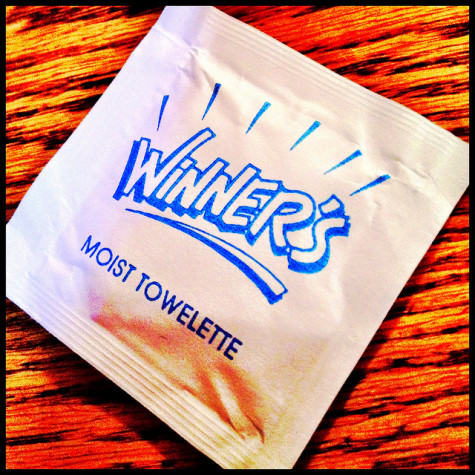
I was still at a loss, until someone mentioned what I’ve come to think of as the most detested word in the English language: moist. I’d never had much of an opinion on the word, and my initial reaction to the group proclamation of hate for it was, really? The first thing it brought to my mind was a cupcake. But then I said moist aloud, slowly. As the word passed through my lips, I felt a lingering disgust. There was something repulsive about the way it formed in my mouth, and once I noticed, I couldn’t un-notice it.
Researchers have a term for this: word aversion, and a recent experiment found that about 20 percent of the study’s 400 participants equated hearing the word “moist” to the displeasure of listening to fingernails scratching a chalkboard. The experiments described in this paper suggested that “semantic features of the word – namely, associations with disgusting bodily functions – underlie peoples’ unpleasant experience.” They don’t say whether this effect is amplified when moist is paired with another word that many people seem to hate: panties. But the researchers (Paul Thibodeau and Christopher Bromberg at and Oberlin College and Robby Hernandez and Zachary Wilson at Trinity University) present another tantalizing but unproven possibility — that speaking the word moist engages facial muscles that correspond to expressions of disgust. Their hypothesis makes sense to me, since the word felt neutral to me until I practiced saying it aloud.
And on that note, I will end this post with a poem from Richard.
Words-we-hate haiku
Ample slacks. Moisture.
Munch; nosh: It’s Penis Friday.
Seminal! (Chuckle.)
Photos: Moist Men by Steve Lyon. Winners use moist towelettes by Brian J. Matis. Sashay by Britt Reints.

